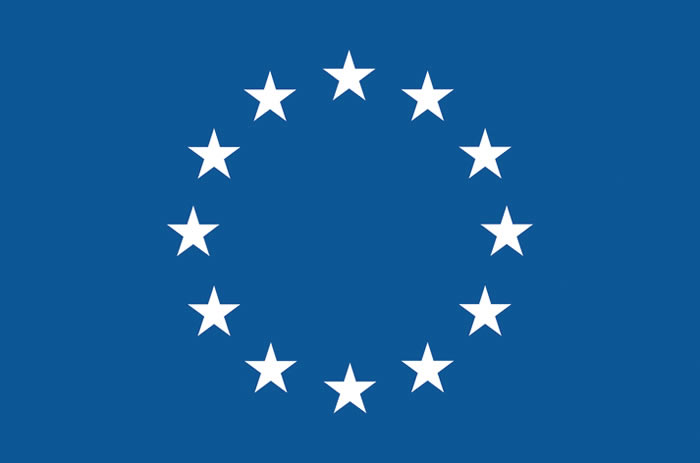Codee, Jeroen

Jeroen Codée (1975) obtained his PhD degree form Leiden University (2004) under the guidance of Prof. Jacques van Boom and Prof. Stan van Boeckel, working on the synthesis of heparin oligosaccharides and the development of new methods for glycosylations of thioglycosides. After a post-doctoral say in Zurich as an NWO-talent fellow, at the ETH with Prof. Peter Seeberger, where Jeroen was trained in automated and continuous flow synthesis techniques, he returned to Leiden University as a NWO Veni-fellow to set up a carbohydrate synthesis group within the Leiden University Bio-Organic Synthesis (BIOSYN) department. His research focuses on all aspects of oligosaccharide synthesis and the application of synthetic carbohydrates in chemical glycobiology and glycoimmunology. In particular he is interested in unravelling the mechanism of glycosylation reactions and construction of complex bacterial oligosaccharides, featuring unusual substitution patterns and challenging glycosidic linkages. He received an ERC Consolidator grant (2016), a NWO VICI grant (2018) and he was awarded the Carbohydrate Research Award for Creativity in Carbohydrate Chemistry (2017).
Abstract:
Of sugars and phosphates: synthesis and application of well-defined bacterial oligosaccharide structures
Topic:
We are in a constant battle with bacteria infecting us. Bacteria protect themselves with a cell wall, decorated with various -often heterogeneous- glycan structures. To study the role of these glycans in the interaction with the host immune system, well-defined, homogeneous structures are required. Since these cannot be obtained in sufficient quantity and quality from bacterial sources, we have developed various routes of synthesis to generate bacterial glycans. Here we will describe how automated synthesis techniques can be used to generate bacterial phosphate-based glycans. Libraries of synthetic teichoic acids have been used in vaccination studies against the multi-drug resistant hospital bugs E. faecalis and S. aureus and to map antibody binding interactions at the molecular level. Stabilized analogues of N. meningitidis have been developed to generate shelf stable vaccines against this bacterium: the first carbohydrate vaccine using a glycomimetic antigen.
Back to speaker overview Back to Oral- and Flash presentations overview





